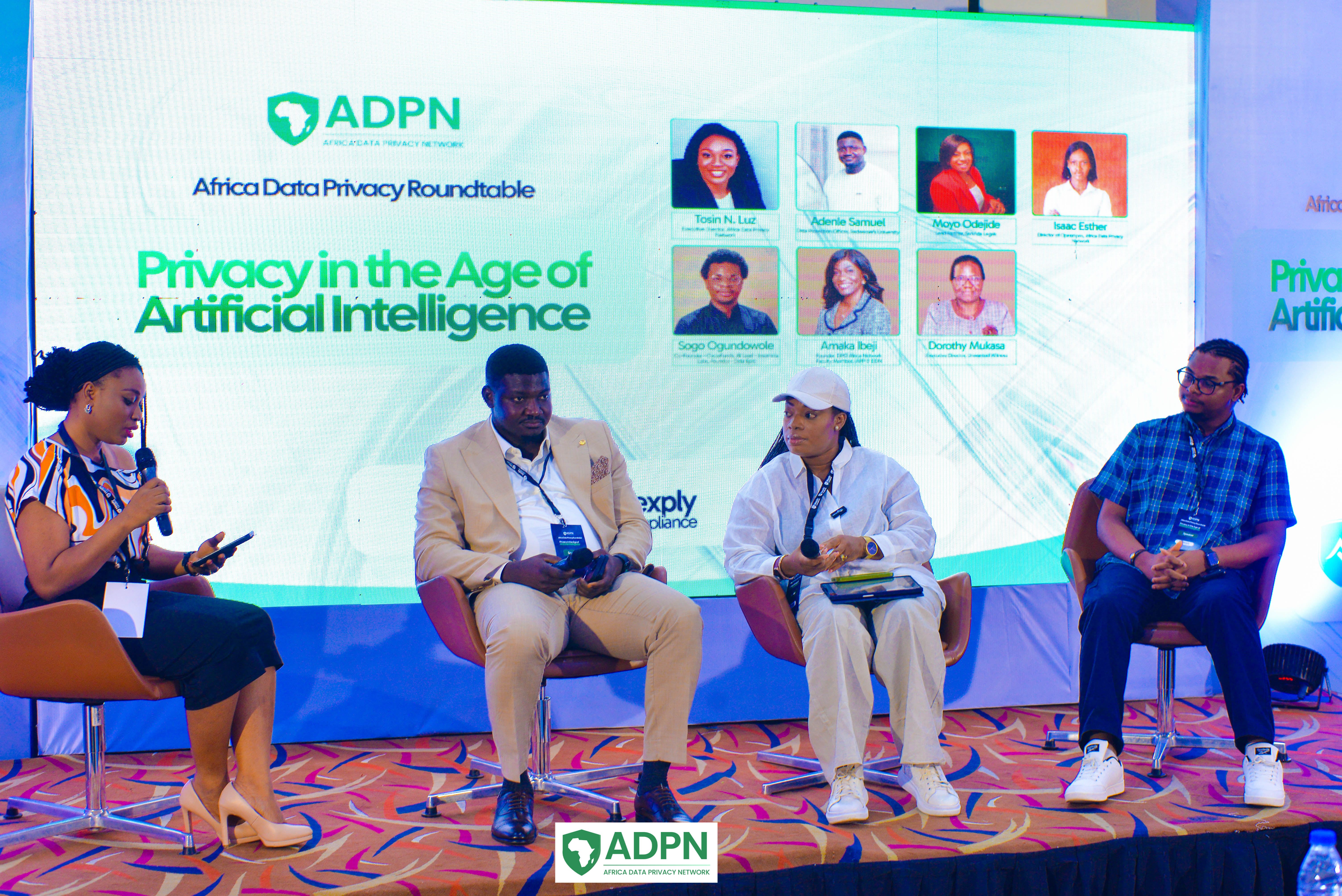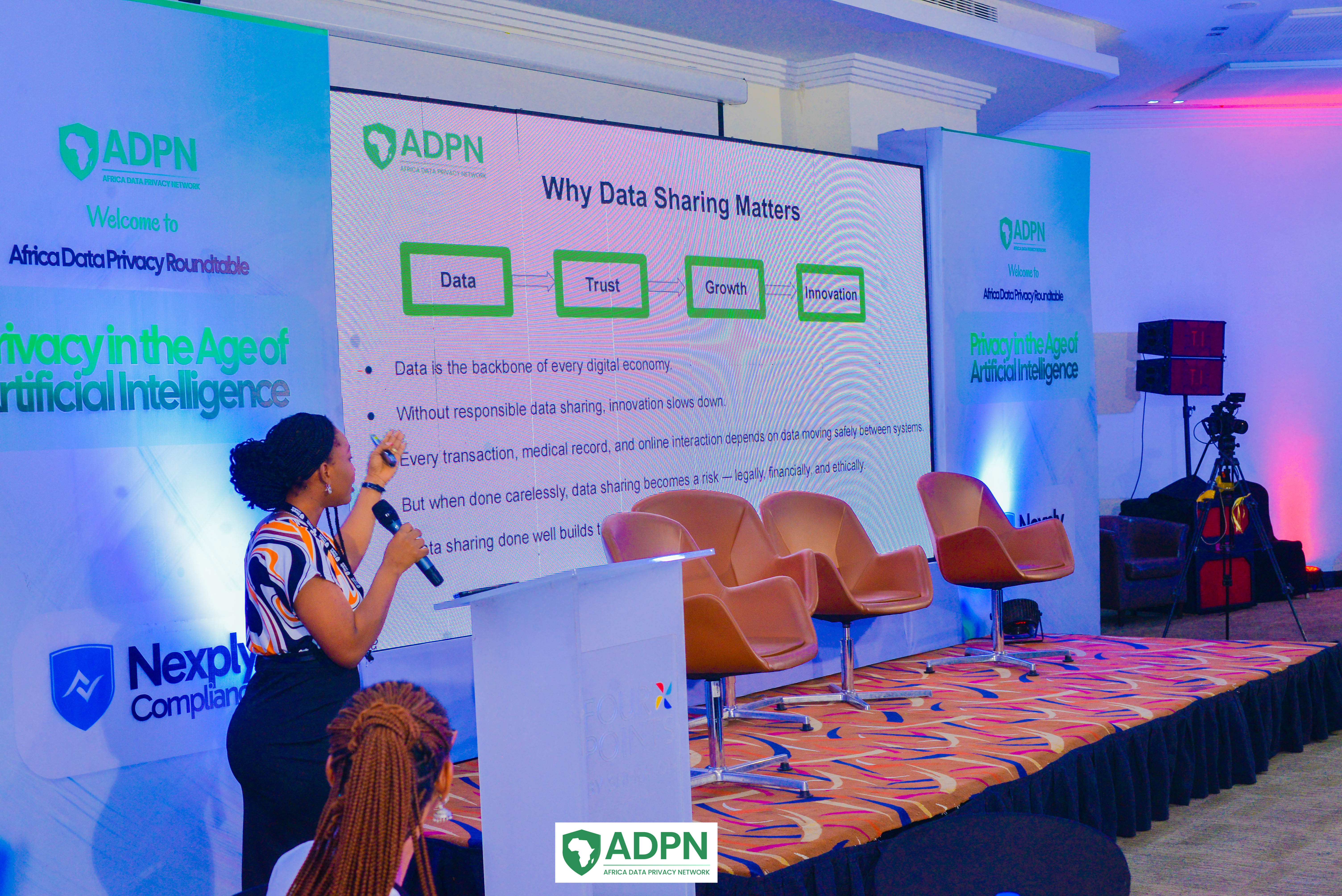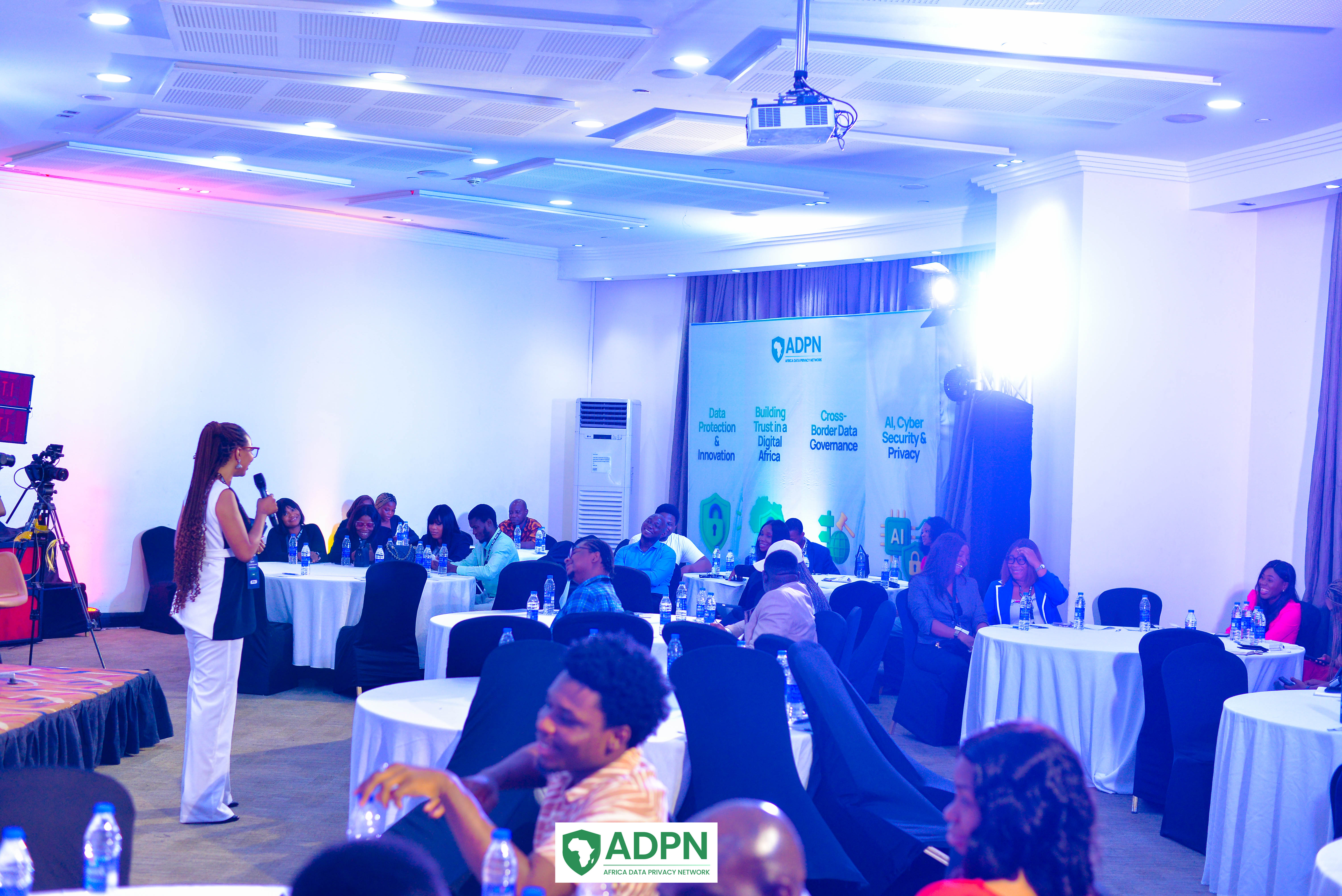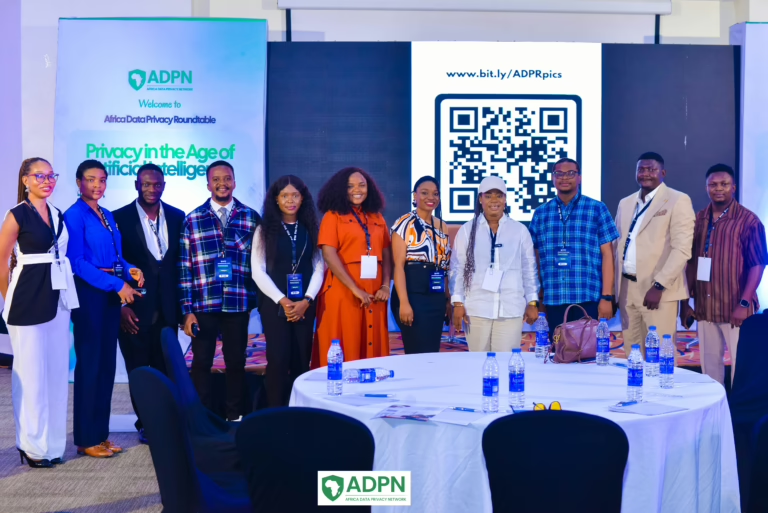On Monday, October 6, the Africa Data Privacy Roundtable launched in Lagos, delivering a powerful message: Africa’s digital advancement hinges on trust, privacy, and ethical innovation.
Hosted by the Africa Data Privacy Network, the event convened a diverse group of data protection officers, legal experts, tech entrepreneurs, and AI specialists to explore the critical theme, Privacy in the Age of Artificial Intelligence.
The rapid expansion of artificial intelligence across the continent has significantly increased the volume of personal data being collected and processed. According to a 2024 International Telecommunication Union report, internet access in Sub-Saharan Africa has surged, doubling in under ten years to surpass 400 million users.
This surge in digital connectivity has thrust data privacy and protection into the spotlight as urgent governance priorities. Nigeria, a leading digital economy in Africa, has witnessed a notable rise in data exchanges driven by fintech innovations, health technology, AI research, and government digital initiatives.

Trust: The Cornerstone of Africa’s Digital Evolution
The roundtable opened with remarks from Isaac Esther, Director of Operations at the Africa Data Privacy Network, who described the gathering as “a convergence of visionary leaders, a coalition dedicated to change, and a unified pledge to shape Africa’s future privacy landscape and data protection standards.”
Esther emphasized that the continent’s digital ecosystem cannot flourish without establishing trust among users, enterprises, and governments. “Artificial intelligence thrives on data, and data thrives on trust. Without trust, innovation cannot genuinely benefit society,” she asserted.
She further highlighted that privacy has evolved from a theoretical notion to a “vital, tangible, and immediate concern.”

Since the inception of the Nigeria Data Protection Commission in 2023, the country has made strides in data governance, with over 200 entities registered as data controllers and processors. Concurrently, the National Identity Management Commission continues to advance its digital ID enrollment efforts.
Nonetheless, experts caution that legislation alone cannot resolve privacy challenges. Esther called for a paradigm shift in institutional mindsets, urging organizations to view compliance and innovation as complementary forces rather than opposing ones.
“At ADPN, our goal remains steadfast: to raise awareness, enhance capabilities, and foster cross-sector collaboration so that privacy transcends policy and becomes ingrained in everyday practice,” she explained. “Compliance and innovation are allies, not adversaries.”
This perspective set the stage for a day filled with rich dialogue, including an interactive poll asking attendees whether they placed greater trust in human judgment or artificial intelligence when managing their personal data.
The majority favored human oversight, reflecting widespread skepticism about AI’s transparency and data handling practices.
These sentiments echo findings from the United Nations Conference on Trade and Development, which revealed that fewer than 30% of African nations have fully enacted data protection regulations, even as AI technologies gain traction in sectors like finance, agriculture, education, and public administration.
Implementing Data Privacy: From Theory to Reality
In a masterclass titled Privacy in Practice, Tosin Nathaniel Luz, Executive Director of the Africa Data Privacy Network, guided participants through balancing regulatory compliance with fostering innovation.
She observed that many African entrepreneurs perceive compliance as a burdensome obligation rather than a strategic tool for building trust. “Compliance is not merely a formality; it is the foundation of trust,” she emphasized.
Tosin likened data to a vital resource, stating, “Data is the new fuel. Just as gasoline powers a car, data energizes the digital ecosystem.” She added, “When trust is established, people are more willing to invest and engage. Compliance is a pathway to earning that trust.”

Her presentation underscored the importance of integrating privacy by design principles, encouraging startups, financial institutions, and other enterprises to embed privacy considerations into their operations from inception rather than as an afterthought. “Compliance should not hinder innovation; in fact, it is a form of innovation itself,” she remarked.
The roundtable discussions come amid mounting pressure on Nigeria and other African countries to enhance their data governance frameworks.
In 2024, Nigeria’s digital sector contributed over 18% to the national GDP, according to the National Bureau of Statistics. As digital transactions increase, so do privacy violations, with the National Information Technology Development Agency (NITDA) reporting a consistent rise in data breach complaints over the last two years.
Attendees included legal professionals, technology leaders, cybersecurity experts, and data protection officers from both public and private sectors. Many highlighted the challenges of ensuring compliance in environments where public awareness remains limited.
Some pointed out that users frequently bypass privacy policies by clicking “agree” without reading terms, while others stressed the need for organizations to develop systems that make privacy safeguards intuitive and automatic.

In her concluding remarks, Tosin Nathaniel Luz emphasized Africa’s unique opportunity to pioneer a digital future that prioritizes responsible innovation. “Africa has the potential to set a global example by proving that ethical innovation is the most enduring path to progress,” she stated.
The event wrapped up with a unanimous call for ongoing cooperation among regulators, businesses, and civil society. As AI adoption expands across industries, safeguarding privacy must remain central to Africa’s digital transformation journey.























0 Comments